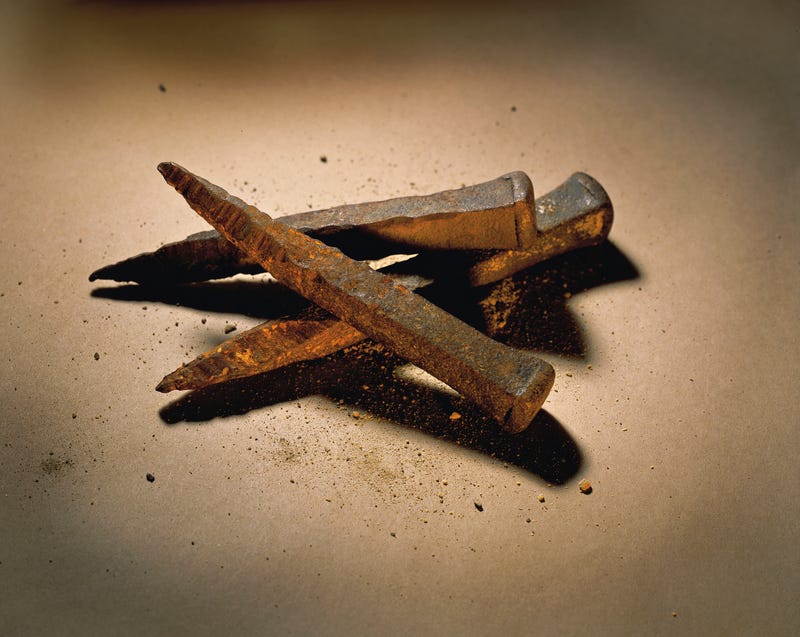Good Friday Every Day
When Sunday doesn't come
I didn’t recognize the sad-eyed woman. Our families had never known each other, though we’d had mutual friends. Hers was one of the very large families in our local homeschooling community— “large” as in ten or eleven children. But many years ago, one of those children died, a little girl. It was a freak accident at their house. I myself was quite young, and not really knowing the family I only vaguely marked the tragedy. I just knew everyone was talking about it. I think my mom brought them a meal.
Still, it was a vivid enough memory that as soon as the woman reminded me of her name, I remembered, at least in part. Another local family had also lost a daughter, and over time the details of the two tragedies had slightly blurred together in my mind. I was awkward. She was gracious.
We were in the basement of a Grange Hall that hosts country dancing for local enthusiasts. I had taken a turn with a cheerful, open-faced young man who turned out to be one of her sons. Her family were regulars there. But I hadn’t seen her among the happy dancers. I’d noticed her at the snack break, making a little conversation in a very quiet voice, with the look of someone life has left utterly devastated. It wasn’t just that she had lost a child, I learned. She had lost her marriage too.
It felt presumptuous to share any of my own family’s trials with this woman. But as one does in conversation, I began to anyway. I talked about how my mother would love to be at this dance too, only she couldn’t, because she’d suffered a crippling COVID vaccine injury that left her with intense chronic nerve pain. To compound the tragedy, she’d gotten the shot in part because she knew the dance organizers were exceedingly cautious and might not allow her to rejoin the group otherwise.
While I was talking, I watched a change come over the woman’s face. I struggle to describe it. I can only say that it was as if someone had turned on the light behind her eyes. She straightened. She leaned forward, locked in on my own story, my own little tragedy. As I talked about how hard it was when kind, well-meaning people would ask my mom if things were any better, and they were never any better, she nodded. And for the first time, she smiled a little.
We both understood, in our distinct ways. We understood what it’s like when it’s Good Friday every day.



